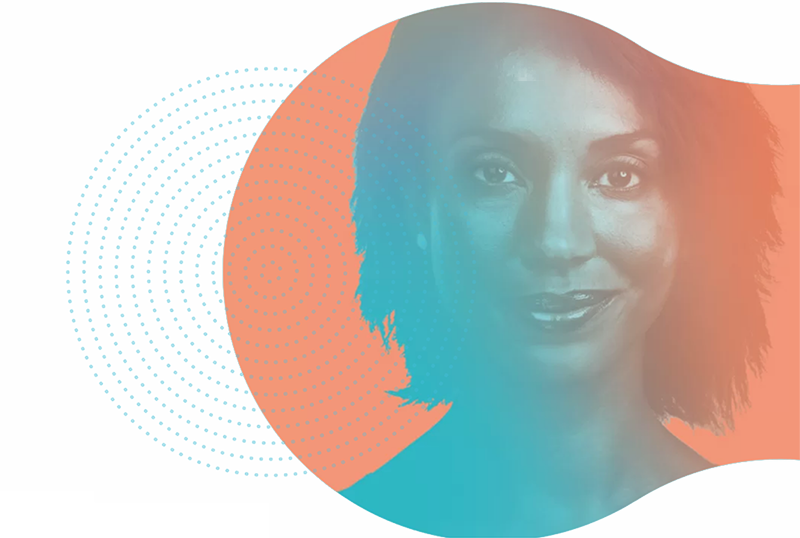Should I get a BRCA test?
You have probably heard stories about women who tested positive for a BRCA1 or BRCA2 mutation (think Angelina Jolie). Now after a double-mastectomy, they are breast-cancer “worry-free” ... Is this an option for you?
Probably not.
In reality, most women tested for a BRCA1/2 variant will come back negative as carriers. This means the woman will not "carry" (i.e. have) the "variant" (a.k.a. mutation) in one of these genes (BRCA1 or BRCA2) associated with high risk of developing breast cancer.

1 in 400 women will be positive for a BRCA1 variant. This is represented by 1 healthy pink (BRCA1-positive) woman out of 400 healthy teal women *these aren't men, they are pant-wearing women*
In fact, most women won't even qualify for BRCA-testing, based on their family history of breast cancer (so much more on this topic at a later date). So, if you are still interested in your chances of being a one in 400, you will likely be paying out-of-pocket.
"But if I come back negative for a BRCA mutation, I don't have to worry about my risk of developing breast cancer." said by the falsely-secure woman who just paid for an unnamed genetics test.
Wrong!
While having a BRCA1 or BRCA2 mutation can really increase your risk of developing breast cancer, not having a mutation doesn't make you safe. That was a double negative. Let’s try again. You are still at risk of breast cancer, even if you are mutation-free. In fact, fewer than 10% of women who have breast cancer actually have a BRCA1/2 mutation.
.jpg?width=512&name=unnamed%20(1).jpg)
Looking at women with breast cancer, far fewer than 10% will be BRCA1/2 positive.
Then, why all the hype about BRCA mutations if so few women with breast cancer actually have one?
The BRCA1/2 genes play a really important role in breast cancer development--the hype is necessary. It is extremely important to identify those women that do have this mutation. These women are at significant risk of developing breast cancer--up to 80% chance. By identifying these women at a young age, they can have extra screening and in some circumstances risk-reducing medication and/or surgery to help prevent breast cancer.
The problem is the lack of hype for all the rest of the breast cancer risk factors. Because, most of us (399 out of 400) do not carry a BRCA mutation; and yet 1 in 8 of them will still develop breast cancer.

1 in 8 women (or 50 in 400 women) will develop breast cancer in her lifetime. In this image, the pink figures develop breast cancer and the teal figures represent women that do not develop breast cancer. Most of these pink-women won't have a BRCA mutation.
The bottom line:
- BRCA-testing is important for many women. Knowing if you are a BRCA-mutation carrier can enable you access to life-saving screening and prevention options.
- Just because you come back negative does not mean you're "safe." Talk to your healthcare provider about your risks of developing sporadic breast cancer.
- If you didn’t qualify for BRCA-testing in the first place, you can still have your risk of breast cancer assessed!
- Learn about breast cancer risk assessment including the screening and prevention options that are available for all women.
Learn more about our breast cancer risk assessment test here.


